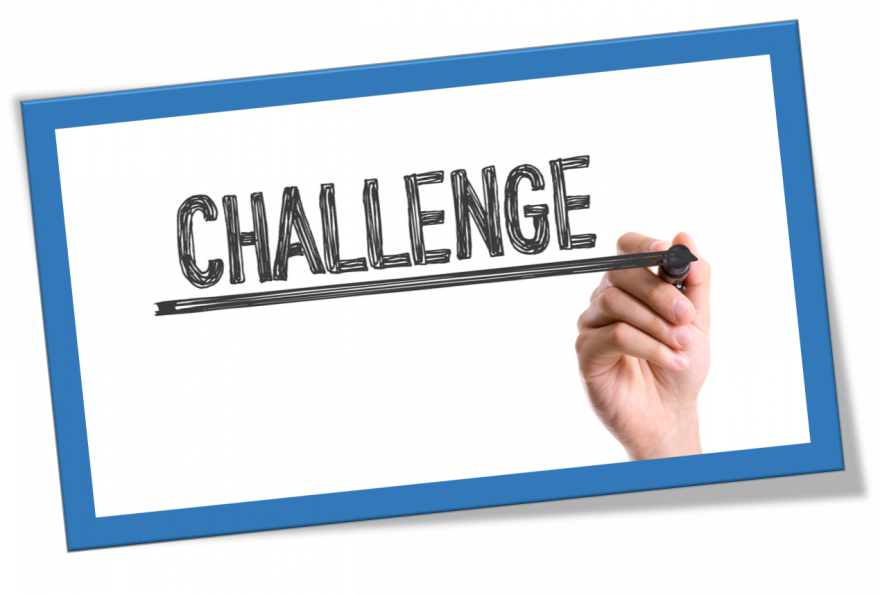|
Hello,
Can you feel the end of summer - beginning of the 2021-22 academic year transition? Are you finding yourself working on a task while your mind wanders to the "to-dos"? This has been a recurring theme during the coaching sessions this month. What my clients describe doesn't only happen during the back to school time. Although it's possible they are feeling the impact after the summer routine. A study conducted by Smith G.K., Mills, C., Paxton A. et al. (Cogn. research 3, 54 (2018)) found mind-wandering rates fluctuate throughout the day. Thoughts "appear to be most constrained in the morning and peaked in freedom of movement midday, increasing throughout the afternoon, and finally increasing again in the evening." These findings have important implications for the academic and the work settings. It seems we experience a focus rollercoaster for almost half of our day! transition? Are you finding yourself working on a task while your mind wanders to the "to-dos"? This has been a recurring theme during the coaching sessions this month. What my clients describe doesn't only happen during the back to school time. Although it's possible they are feeling the impact after the summer routine. A study conducted by Smith G.K., Mills, C., Paxton A. et al. (Cogn. research 3, 54 (2018)) found mind-wandering rates fluctuate throughout the day. Thoughts "appear to be most constrained in the morning and peaked in freedom of movement midday, increasing throughout the afternoon, and finally increasing again in the evening." These findings have important implications for the academic and the work settings. It seems we experience a focus rollercoaster for almost half of our day!
In comes mindfulness...
Nowadays we find the term mindfulness everywhere, but what is mindfulness? Some of my clients define mindfulness as "coming back to the present moment" or "not taking things for granted." Jon Kabat-Zinn, PhD., founder of mindfulness based stress reduction and Center for Mindfulness in Medicine, defines it as the "awareness that arises from paying attention, on purpose, in the present moment and non-judgmentally." His almost 30 year research shows positive changes in brain activity associated with more effective emotional processing under stress. (Mindfulness in Medicine-2008) Five years ago I timidly joined a mindfulness seminar. I now practice it every day and incorporate some aspects in my coaching practice. Why? Here are some facts.
 According to a National Institute of Health study, mindfulness might be useful in the treatment of ADHD. Every time we engage in positive thoughts and behaviors and let go of the negative ones, we are retraining our brain to think a little differently. Moreover, neuroimaging studies suggest that mindfulness meditation may cause neuroplastic changes in brain areas associated with attention (Mindfulness Meditation Training for Attention-Deficit/Hyperactivity Disorder in Adulthood). A 2017 survey by ADDitude magazine reported that 1/3 of adults with ADHD already use mindfulness and about 40% give it high ratings. I believe mindfulness is like exercise for the brain. At the beginning it is difficult and painful, and it becomes easier, almost natural with consistent practice. Every time we engage in staying and focusing in the present moment and letting go without judgement of everything that shows up and diverts our attention, we are retraining our brain to think differently. According to a National Institute of Health study, mindfulness might be useful in the treatment of ADHD. Every time we engage in positive thoughts and behaviors and let go of the negative ones, we are retraining our brain to think a little differently. Moreover, neuroimaging studies suggest that mindfulness meditation may cause neuroplastic changes in brain areas associated with attention (Mindfulness Meditation Training for Attention-Deficit/Hyperactivity Disorder in Adulthood). A 2017 survey by ADDitude magazine reported that 1/3 of adults with ADHD already use mindfulness and about 40% give it high ratings. I believe mindfulness is like exercise for the brain. At the beginning it is difficult and painful, and it becomes easier, almost natural with consistent practice. Every time we engage in staying and focusing in the present moment and letting go without judgement of everything that shows up and diverts our attention, we are retraining our brain to think differently.
You now know the definition and the benefits of mindfulness. "But, how do I start to practice? I really don't have time!"
Let's take a break. Be in the here now - right now.
Don't think about what you will do later.
Don't think about what you did yesterday.
Ok? Right now.
Take your time.
Pay attention to the sensations. What do you notice? Discover what it is like to guide your mind into paying attention to just one thing. Full attention to one activity. It's as simple as focusing on all the sensations when you wash your hands or take a walk around the neighborhood.
I invite you to accept a challenge. Can you incorporate mindfulness into activities you already enjoy? Do you like running? Cooking? Be totally aware of the experience while you go on with your activity. This will require mental focus and some structures as cues to help make it a regular habit. Mark it down in your calendar or set your phone to remind you at a specific time. Use post it notes in the kitchen. you already enjoy? Do you like running? Cooking? Be totally aware of the experience while you go on with your activity. This will require mental focus and some structures as cues to help make it a regular habit. Mark it down in your calendar or set your phone to remind you at a specific time. Use post it notes in the kitchen.
How can you remind yourself to carve some moments this week to be fully awake? Discover for yourself what it is like to train your brain and guide your mind into paying attention to just one thing with curiosity and no judgement.
With gratitude,
Ana Isabel Sánchez
Interested in some mindfulness resources?
   
|